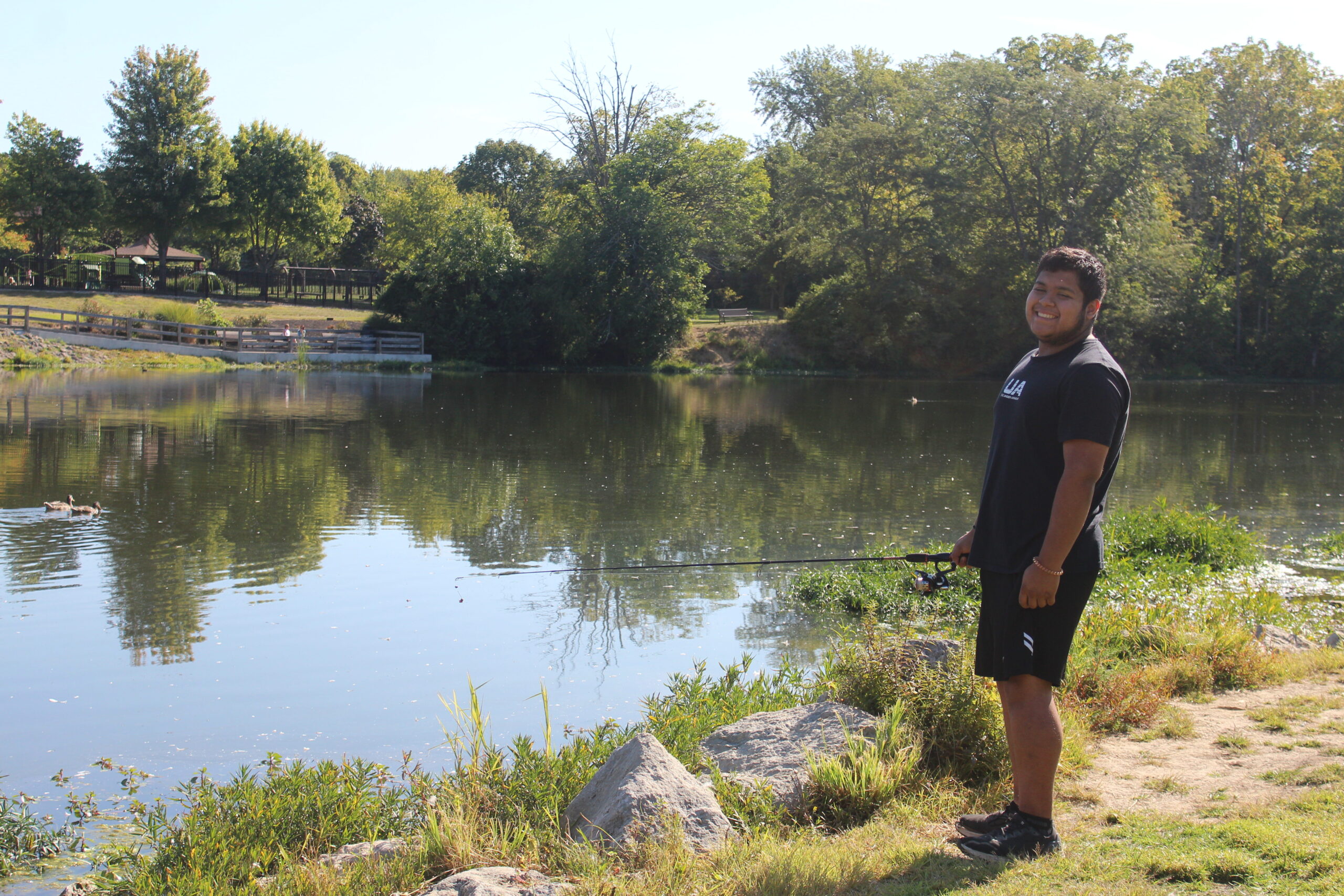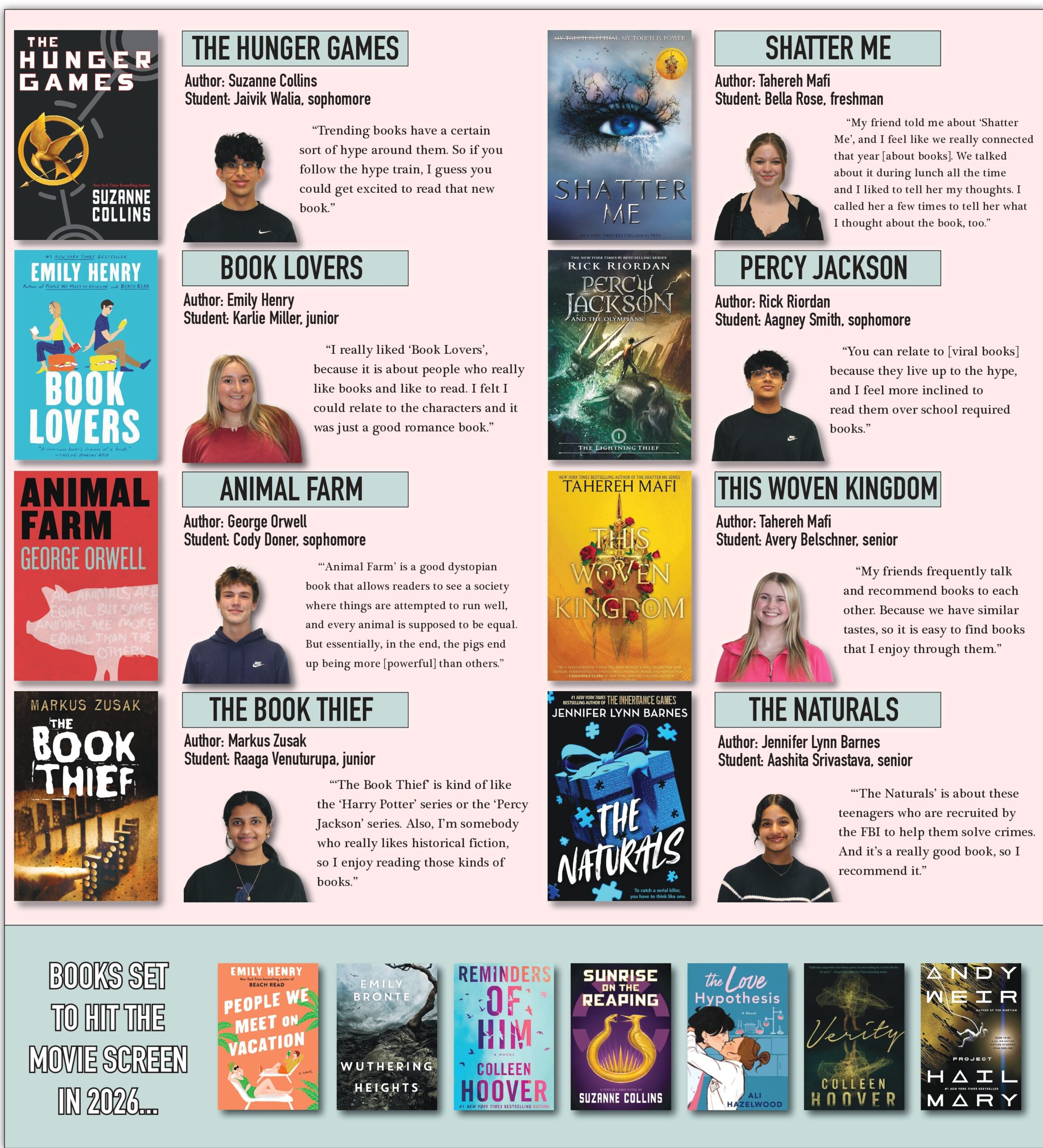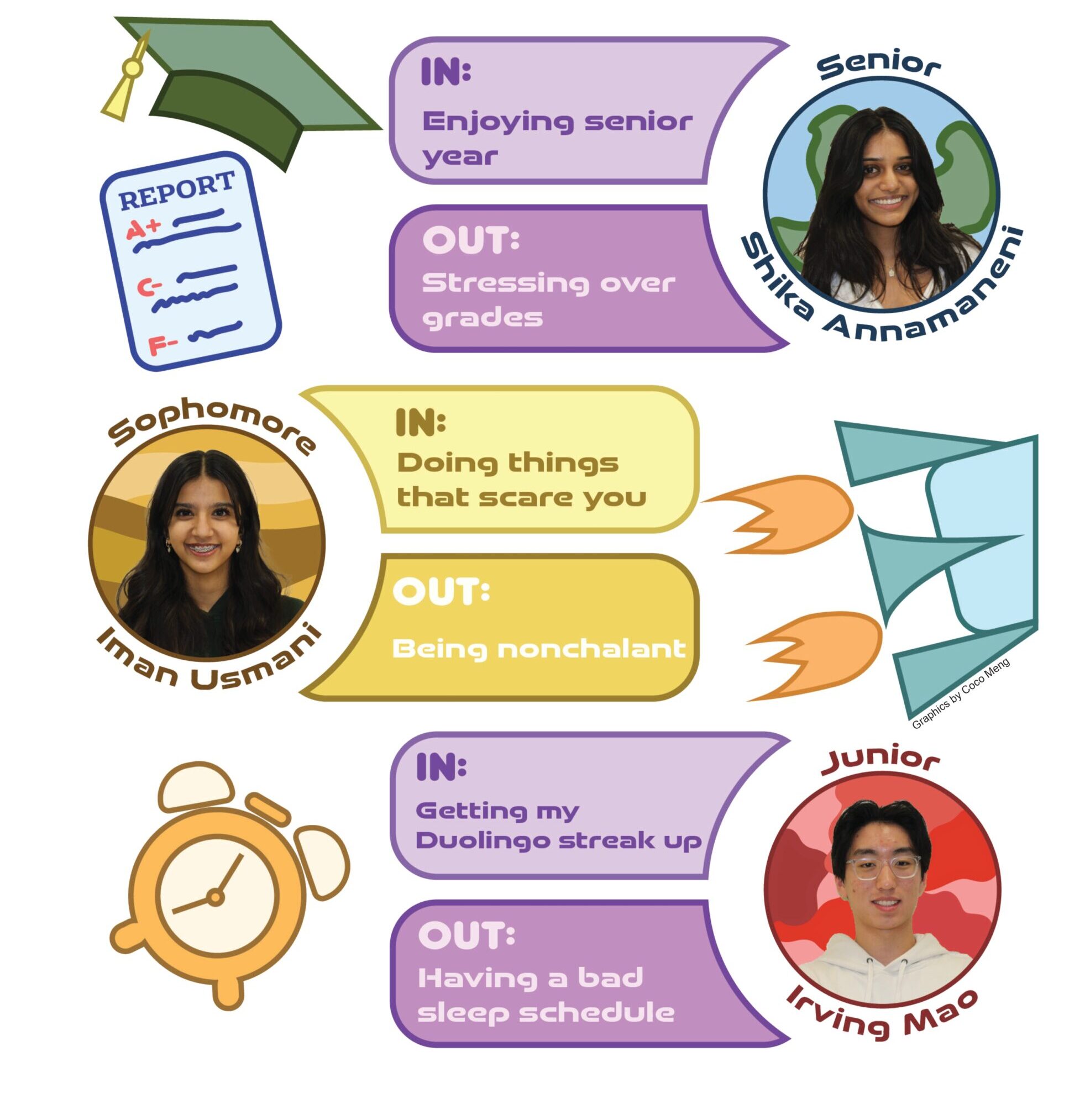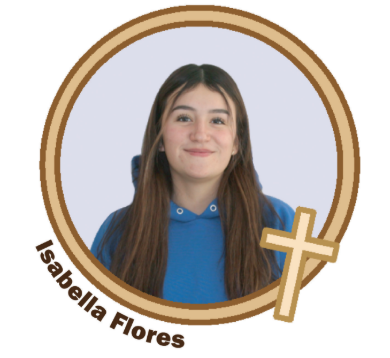Alessia Korvessis | The Chronicle
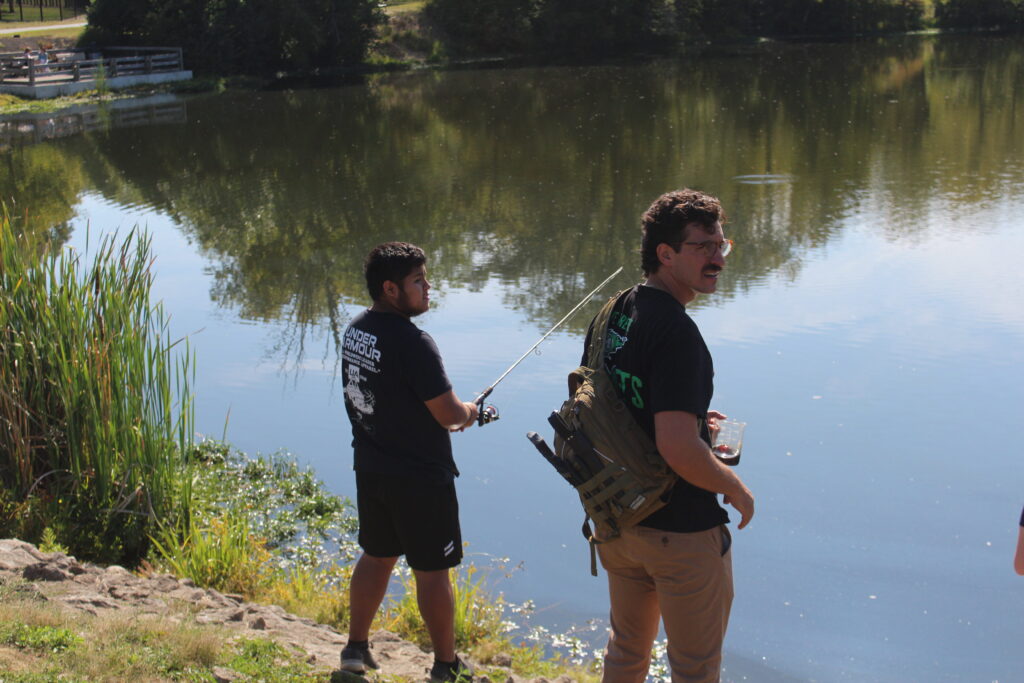
Dr. Payne (left) and Santiago Legunas (right) wait for a fish to bite at Pine Hill Lake during Connect Time.
Fishing certainly isn’t in Mason High School’s (MHS) curriculum, but for one science teacher and his students, it has become the most anticipated lesson of the week.
MHS Biology and AP Environmental Science teacher Dr. Tyler Payne hosts a weekly connect session for students to spend time outdoors and fish. Each Wednesday, Payne walks students down to Pine Hill Park, where he introduces them to the basics of fishing. While the session may not involve textbooks or lab reports, it has become a hands-on learning opportunity that blends outdoor recreation with problem-solving, patience and environmental appreciation.
After transitioning to MHS after previously teaching at Mason Middle School, Payne has found that Connect time isn’t just a break from school work– it’s a time to pursue an interest of his own.
“I personally enjoy fishing, and I know there are probably students here who also enjoy fishing,” Payne said. “I wanted to kind of use this space as an extracurricular outside of the normal classroom, to go outside in nature, but also get to do something that we love and are passionate about.”
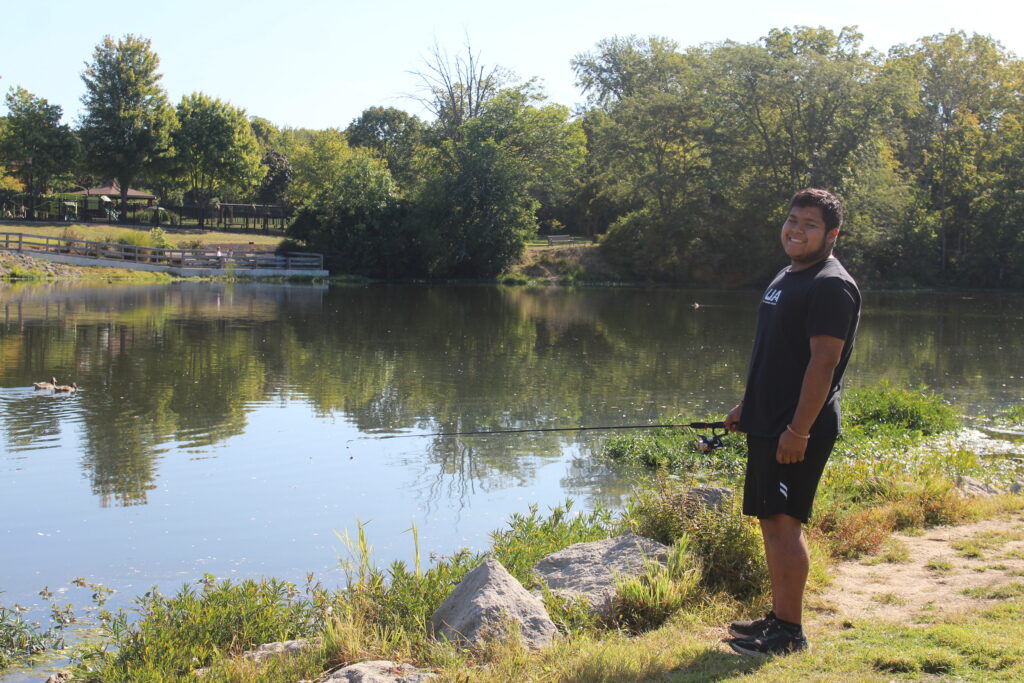
Sophomore Santiago Legunas prepares to fish at Pine Hill Lake during Connect Time.
Santiago Legunas, a sophomore at MHS, attended Dr Payne’s fishing session. His brother taught him how at the young age of five, which is why this particular session sparked his interest.
“It’s calming and relaxing,” Legunas said. “You get a beautiful view.”
During Payne’s sessions, he gives students the opportunity to fish freely. The students who have attended range from completely inexperienced to expert fishers. Despite the difference in skill sets, each student has found some success while at the park.
“It was an invitation for kids who know how to fish or have never fished before,” Payne said. “We have a few extra poles to teach them the basics of fishing. I also provide some soft bait for kids. Getting to teach kids how to tie some knots and cast and see them improve, just even in the time that we were there, was cool.”
With his help, even newcomers were able to get a catch, such as blue gill and bass.
Many people learn to fish from a parent or older sibling, but Payne’s interest in fishing came from his sons. They have now helped turn it into an activity for the whole family to enjoy. He described it as a time they used to be outdoors and take a break from the fast pace of everyday life.
“My boys wanted to get into [fishing], so I started learning to fish a little bit. Now we go fishing regularly as a family,” Payne said. “It’s a great time to slow down and be outside, but also get to do something a little bit active while you’re out there.”
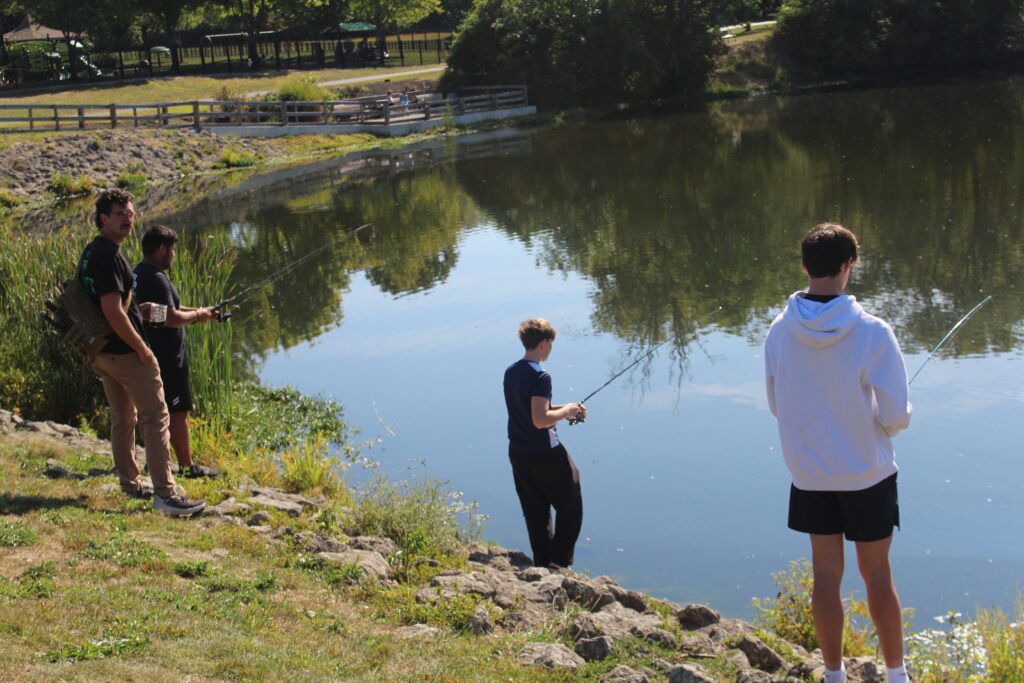
Dr. Payne (left) instructs students as they prepare to fish at Pine Hill Lake during Connect Time.
Since fishing has helped Payne’s family come together and enjoy the outdoors, he thought he could bring the same fun atmosphere to students during the school day. Overall, Payne’s session had many successes, such as teaching students new fishing skills, enjoying the time outdoors, and forming new friendships.
“Some students have never done it before, so they’re just learning how to cast and tie knots, while some know exactly what they’re doing,” Payne said. “It was cool to see kids help other kids out who may not have as much experience with fishing.”
That same sense of togetherness is what Payne hopes to bring to his students. In a high school environment where schedules are packed with AP classes, athletics and extracurricular activities, the weekly fishing sessions provide an opportunity to unplug. For many students, it is less about the fish they catch and more about the quiet moments by the water, the conversations with friends and the satisfaction of trying something new.


